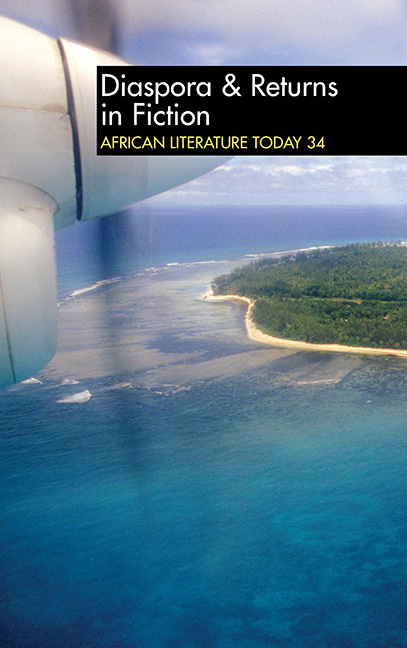On African Literature Today
from FEATURED ARTICLES
Published online by Cambridge University Press: 08 April 2017
Summary
The beauty and continuous relevance of African Literature Today lies first in its title. The title gives it currency and therefore responsibility. African literature today becomes past in its tomorrow. Thus it has to ‘gather these rose buds while it may’ by continuously seeking out trending ideas and styles of their communication, theories, themes and tendencies in the creative production and articulation of African Literature. African Literature is not realized or experienced as a static mold, a fossilized entity or at best a follower in servitude of other world literatures. No; after the initial floundering of writers to come to terms with the definition of what they do i.e African literature in that memorable conference in Kampala, Uganda in 1962, the writers found their voice.
Origin and Antecedents
Dr Nnamdi Azikiwe and the new intelligentsia gave expression to their political thoughts and propaganda through the print media. In addition, there were budding writers who sought a medium for their creative impulse. The fifties was the age of experimentation in creative writing marked with defiance and pride in the new learning of a foreign tongue through which communication was possible. As undergraduates in the early sixties, we grew up with such magazines and journals as Drum magazine of South Africa founded in 1951 and we read snippets of narratives, poems, profiles of important personalities as well as pictures of women scantily dressed in supposedly seductive poses. Though started by white South Africans, it quickly slipped into black management. I remember such names as Bloke Modisane, Can Themba, Lewis Nkosi, Arthur Maimame, Ezekiel Mphalele and Mazizi Kunene. Writers were being formed there.
Then we had Transition magazine which took on a more serious outlook in projecting letters and literature. Founded by Rajat Neogy in 1961 in Uganda, East Africa, it was closed in 1976 for lack of sustainability. Wole Soyinka served as its editor in 1973 before it was closed down in 1976. It is now housed in America by Henry Louis Bates who nestled it in Harvard's Hutchins Center for Africa and Diaspora Research. It has expanded to have a diasporan dimension.
We had Okike journal established at the University of Nigeria, Nsukka, edited by Chinua Achebe and devoted solely to creative works. It later added book reviews and criticism in a segment of the journal. That passed.
- Type
- Chapter
- Information
- ALT 34 Diaspora & Returns in FictionAfrican Literature Today, pp. 224 - 228Publisher: Boydell & BrewerPrint publication year: 2016

